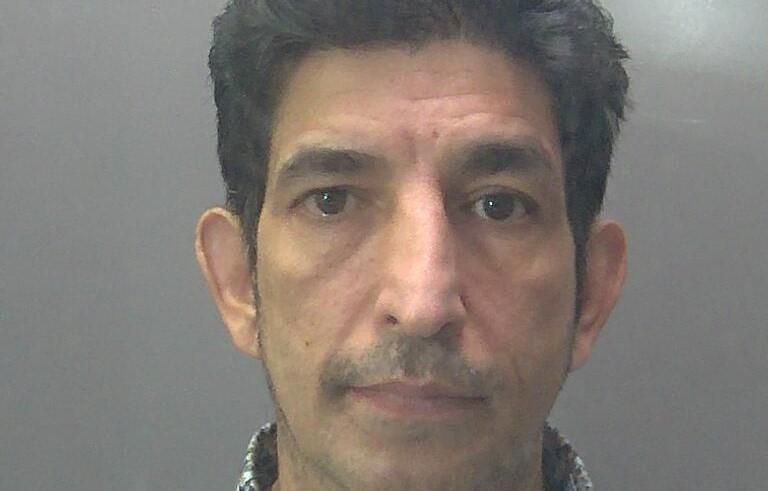By Ben Jolley
Reporter
Murtaza Syed, 47, of Century Square, Peterborough, has been sentenced to two years and six months in prison for subjecting his wife to coercive control and physical abuse over a two-year period. Syed’s actions included restricting his wife’s freedom, subjecting her to constant surveillance, and using violence to control her every move.
The abuse came to light on February 23, 2024, when the woman, fearing for her safety, contacted the police to report the ongoing domestic violence. Upon arrival, officers were informed of a pattern of coercive and controlling behavior, including physical assaults, mental abuse, and the restriction of basic freedoms.
The woman revealed that Syed had restricted her access to communication by breaking her phone and denying her the use of any electronic devices, including the internet. He constantly changed the PINs and passwords to make it impossible for her to seek help. Syed also monitored her daily activities, not allowing her to leave the house without his permission, and even subjected her to humiliating rules, such as not allowing her to shut the bathroom door.
The most recent assault, which occurred just five days before her call to the police on February 18, 2024, involved Syed throwing a lighter at her eye and repeatedly punching her in the head. Despite denying the charges during his police interview, Syed admitted to forcing his wife to take a lie detector test—which she passed—before pleading guilty to coercive control and assault causing actual bodily harm (ABH).
On July 11, 2024, at Peterborough Crown Court, Syed was sentenced to two and a half years in prison and was issued with an indefinite restraining order, prohibiting him from contacting his victim.
Detective Sergeant Louis Scott emphasized the profound psychological impact of coercive control, highlighting that this type of abuse is often as damaging as physical violence. He urged victims of domestic abuse to reach out to the authorities or the national domestic violence helpline at 0808 2000 247 for support.
This case underscores the importance of recognizing coercive control as a serious criminal offense, and the police are committed to taking all reports of such behavior seriously.
